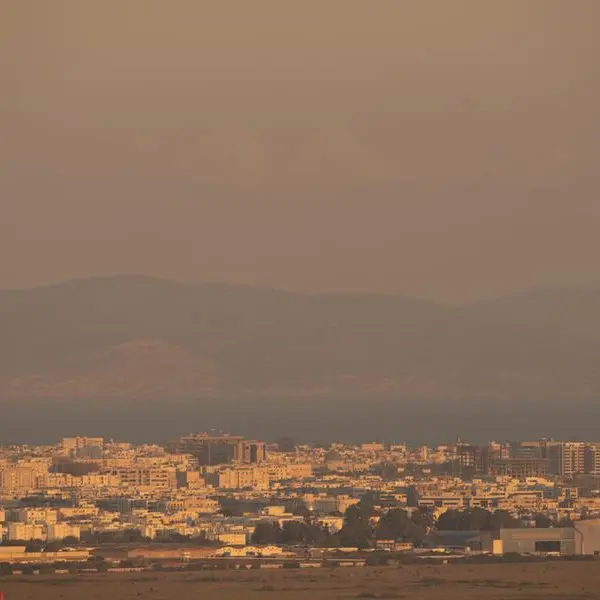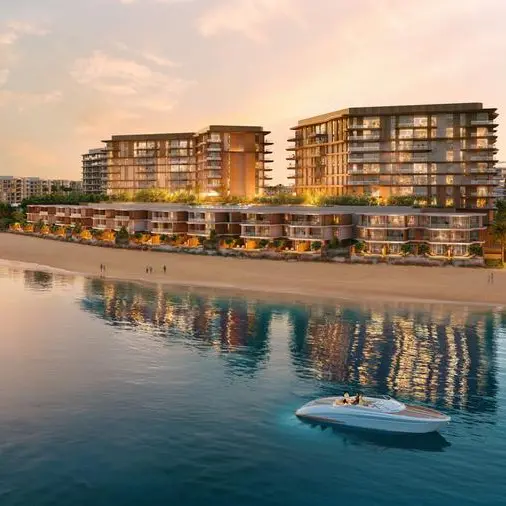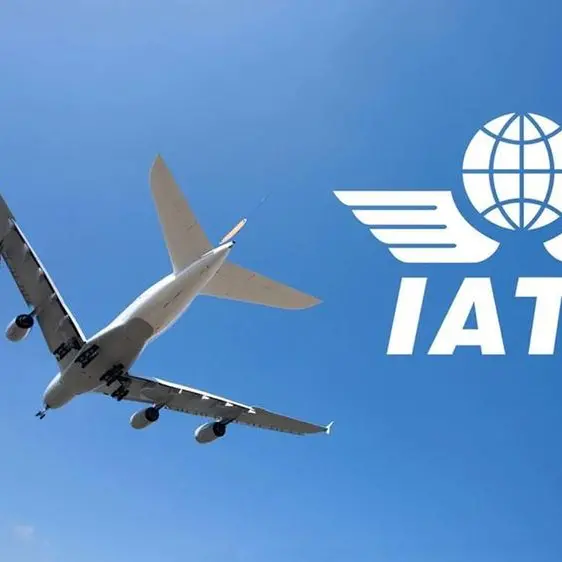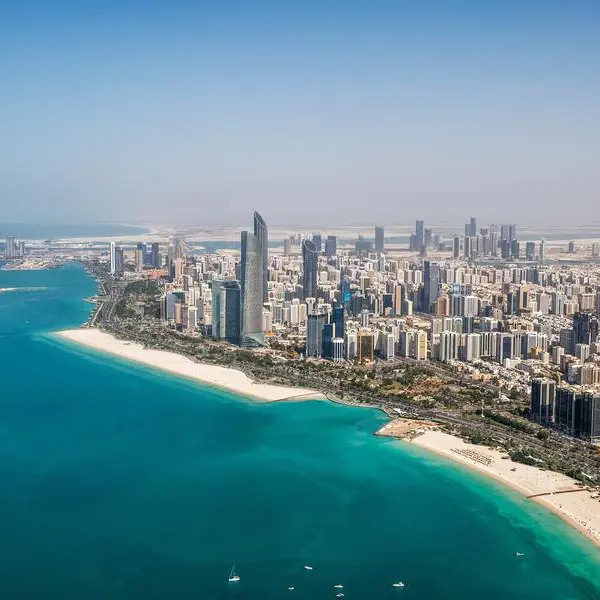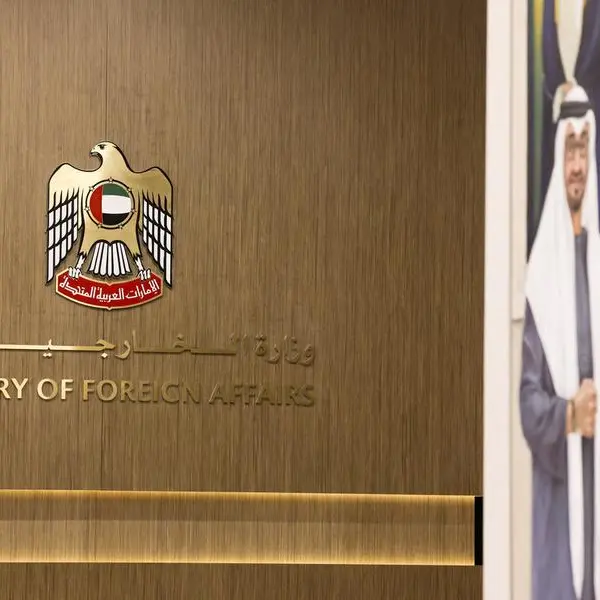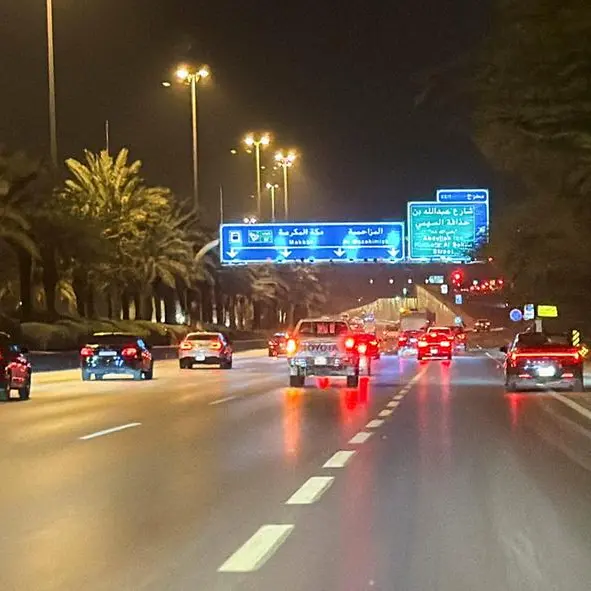PHOTO
BAHRAIN will be taking part in a three-day conference that aims to discuss issues and methods to reduce carbon footprint in water consumption starting in Doha today.The 15th Gulf Water Conference is being organised by the Water Sciences and Technology Association (WSTA) in co-operation with the Qatar General Electricity and Water Corporation under the patronage of Qatar’s Minister of State for Energy Affairs Saad Al Kaabi.
This edition is being held under the theme ‘Water in the GCC: Embracing Technological Progress’ from today until Tuesday.“There will be seven main sessions dedicated to discussing how to reduce our carbon footprint in the GCC’s water sector,” said WSTA chairman Abdulrahman Al Mahmood.“We want to look at effective management of municipal water in the region, as well as discuss science and technological solutions for the issue.“The aim is to use technology to strive for an effective water management solution.”Mr Al Mahmood stated that other topics are related to privatisation of the water sector, regulatory aspects, integrated water management systems, and microbial management in municipal wastewater.
Some of the sessions are being held in co-operation with the United Nations Educational, Scientific and Cultural Organisation (Unesco) and the United Nations Environment Programme (UNEP).“Technology is an important tool that when harnessed correctly can enhance water resource management,” said Mr Al Mahmood.“On top of that co-ordination between GCC countries and relevant organisations is crucial to come up with innovations that can preserve water.“This conference will give experts the opportunity to engage and discuss some potential solutions and innovations with professionals from a variety of fields.“It can be an important step towards investing in the water sector, enhancing sustainability in the field, and developing smart solutions to achieve our sustainability goals.”
Meanwhile, WSTA vice-president and Arabian Gulf University professor Dr Walid Zubari explained that the conference will review current technologies being used in the sector and look at ways to improve them.“It is important to understand their advantages and limitations,” he said.“We can identify challenges that come with each technology and try to come up with solutions for any issues that the technology in place may have.“We also want to bring together specialists and discuss case studies and experiences around the region to better understand where we are at.
“The region is standing at the brink of a new technological revolution in the field of water management and sustainability, and it is going to impact every country in the GCC.”Other things that will be discussed include the use of artificial intelligence (AI) in the field, along with how to use the Internet and Cloud technology to bring forth efficient sustainable practices.“There is significant untapped potential in AI when it comes to urban infrastructure of water in the region,” said Dr Zubari.“For example, it can be used in agriculture to automatically irrigate crops without the need for human intervention.“This will reduce wastage of water and enhance efficiency of irrigation.”
In total, 20 keynote speakers will be participating in the conference from across the GCC. Additionally, 50 scientific peer-reviewed papers on relevant subjects will also be presented.Two training courses are also expected to be held over the three days by the World Health Organisation on reusing wastewater.nader@gdnmedia.bh
Copyright 2022 Al Hilal Publishing and Marketing Group Provided by SyndiGate Media Inc. (Syndigate.info).

